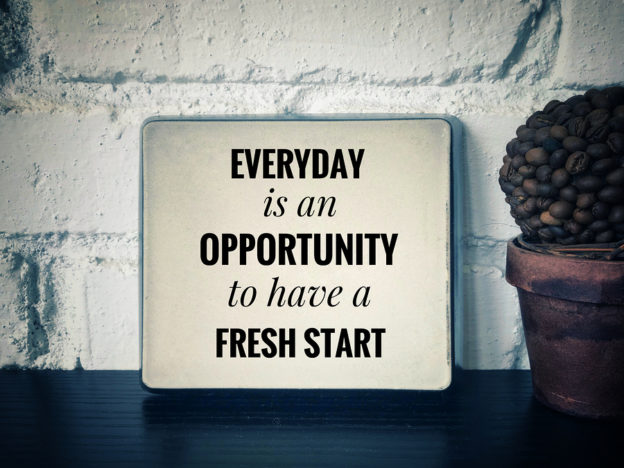Many people in the addiction treatment and prevention field as well as countless other professionals and recovery advocates often talk about ending the stigma of addiction. The basic concept is that we must accept people and not judge them for falling into the substance abuse trap. Instead of being ashamed or afraid, we want them to be able to seek help without being condemned or shunned. These people aren’t different than we are – they are us.
One of the ways many seek to help end stigma is changing the language we have around describing people with substance use problems. Dropping derogatory terms like “drunk,” crackhead,” or “junky” is huge, and should be done, but it really goes beyond that.
Deeply rooted within the recovery culture itself people still refer to themselves as addicts and alcoholics. We have found that hanging on to these labels and identifying as someone still in that condition can even perpetuate the behavior as finding an excuse or reason for relapse, even negating responsibility for one’s own actions by simply saying, “it’s not my fault, I have a disease.” This can go much further in to other mental health conditions as well, as people can and do recover from a wide range of temporary conditions or diagnoses. Just because we may have a diagnosis, doesn’t mean we need to BE the diagnosis and hold on to that label forever, if it no longer applies.
Regardless of whether or not someone wants to argue the merits of classifying addiction as a disease, there comes a point when people become symptom-free, and should not longer have to live with that label as having a disease or being an addict/alcoholic. This may run against much of the mainstream treatment field’s opinion, and our intent is not to create conflict, but instead to erode boundaries.
Long-Term Recovery
Thankfully there has been a growing trend of people referring to themselves as someone in long-term recovery, rather than as an addict or alcoholic, and this is a huge step in that direction.
During a recent phone conversation with someone interested in starting our program, the caller exclaimed, “I’m sure it’s difficult dealing with people like us.”
I quickly replied, “you are just like me and our staff and all of our clients and friends and neighbors. We are all us. We all have difficult times in our lives and adversity to overcome. We’re here to help each other.”
“Thank you,” she said, “that really means a lot.”
Yes, there is language needed to identify, classify and diagnose symptoms and behaviors in people, especially to document for insurance purposes to accurately reflect progression in a universal language, but outside of this clinical element, are we doing people justice by giving them these labels? I believe that in order to really end the stigma, we need to also end the labels and help people create their own healthier identity moving forward.






